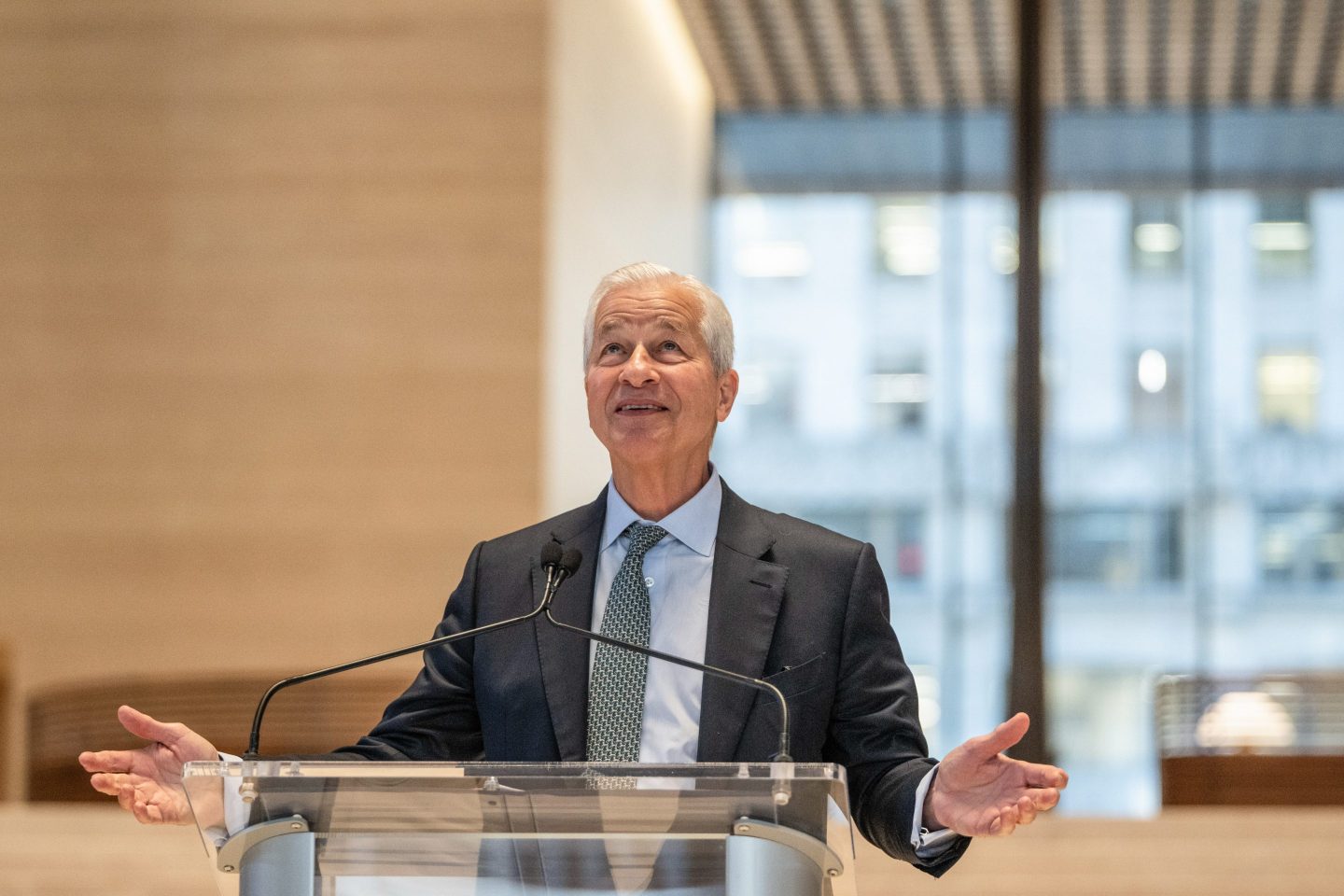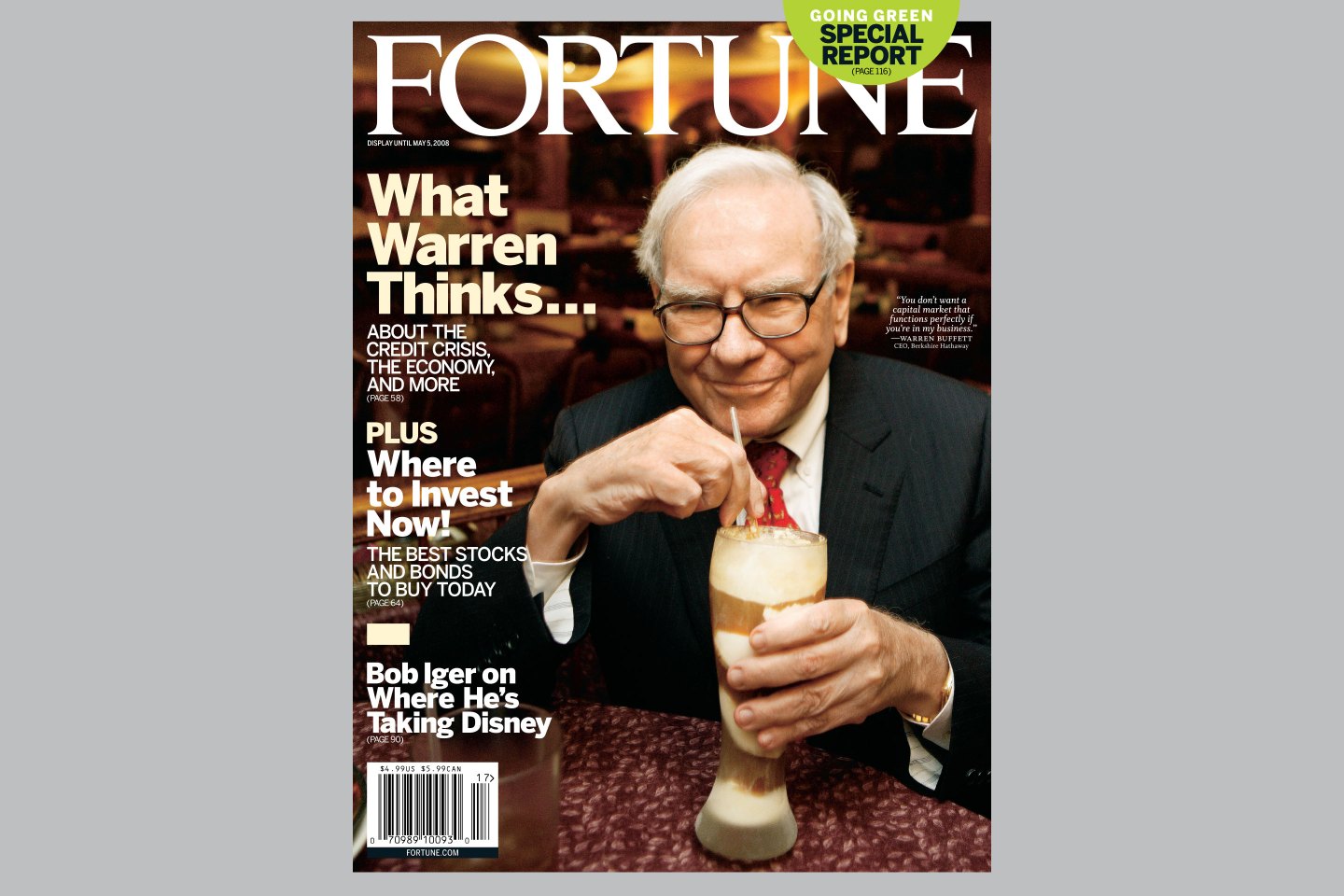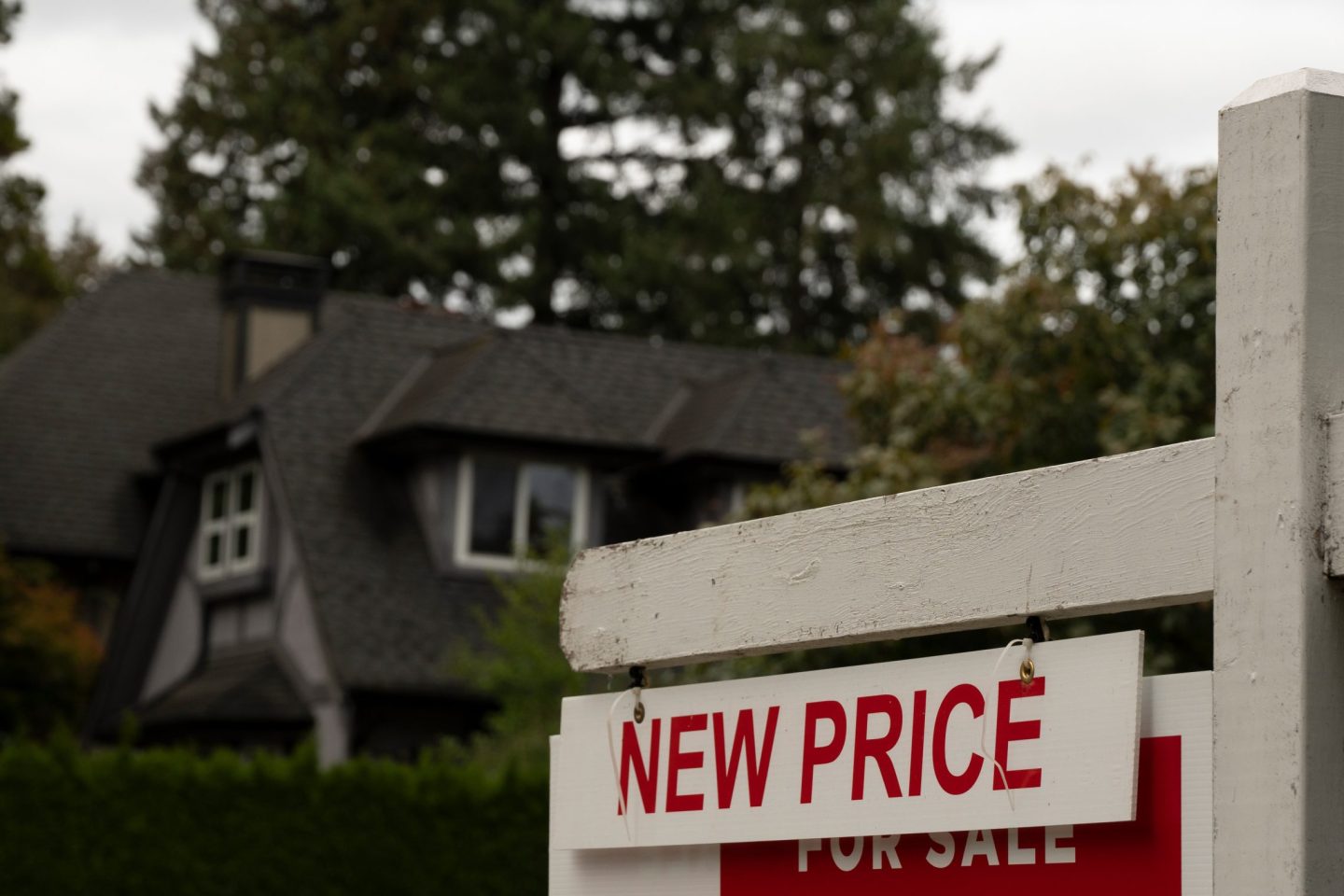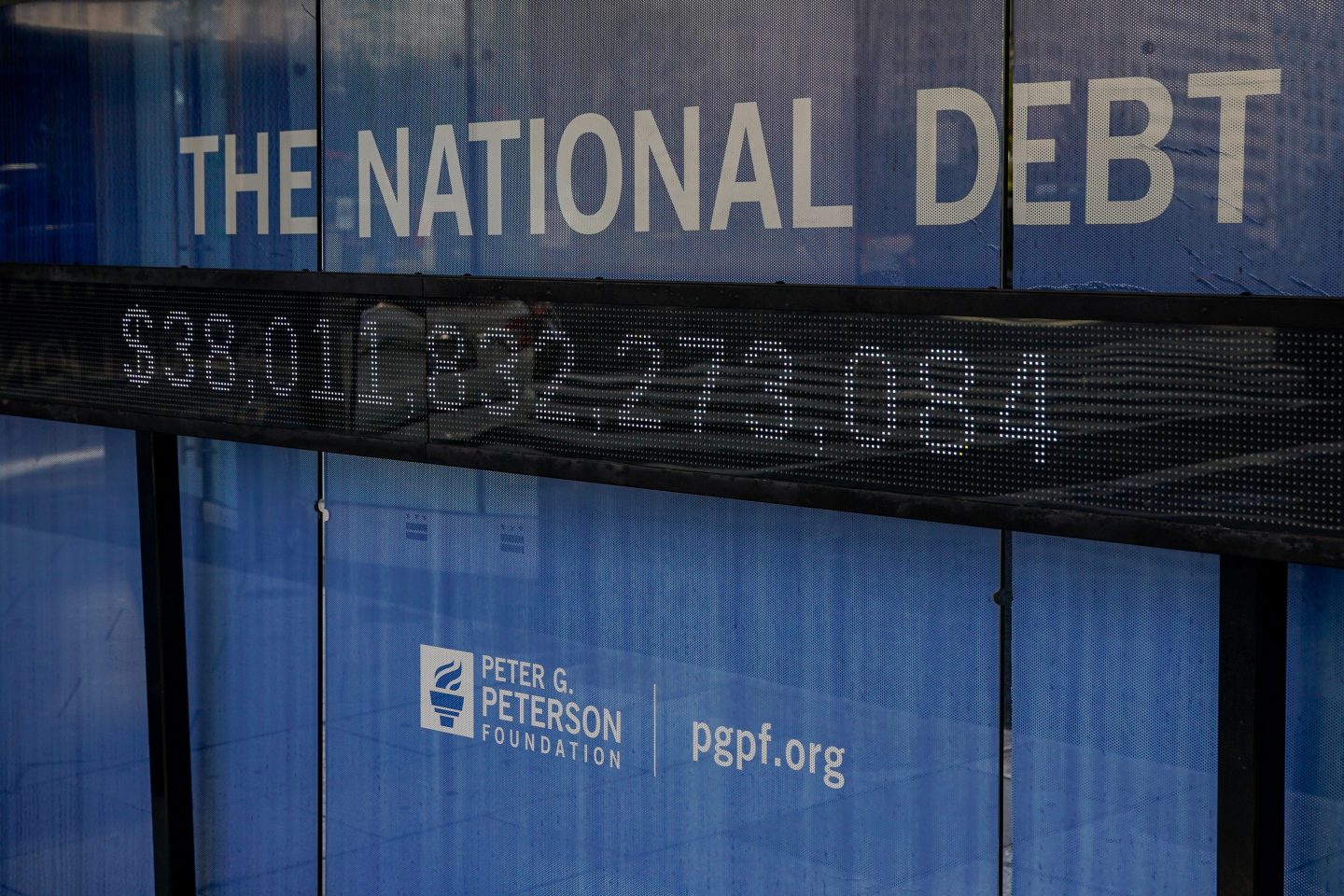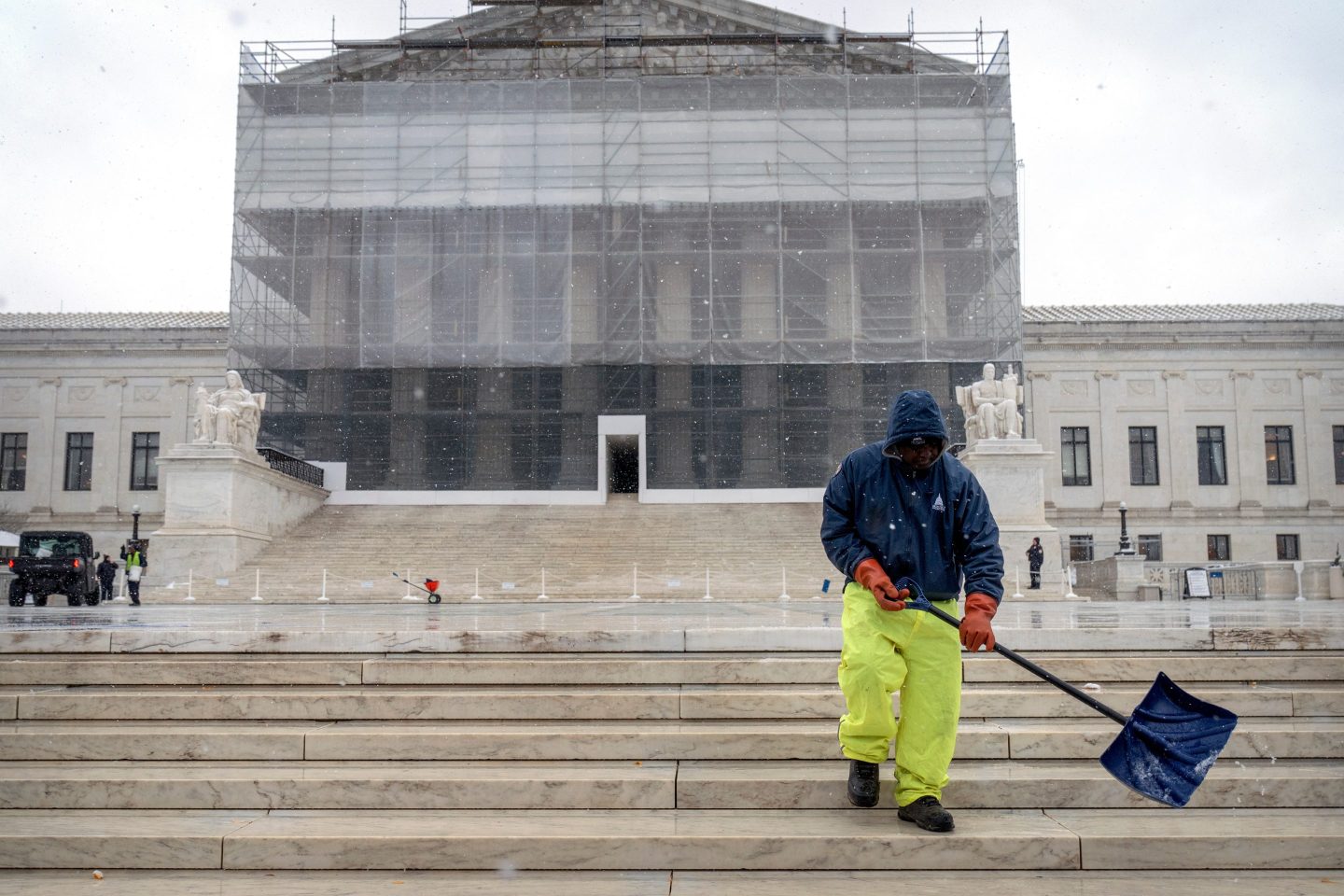Wal-Mart shocked Wall Street yesterday morning when CFO Charles Holley told a group of stock analysts that this year’s sales and profits would be lower than previously forecast, and profits would fall still further next year. In just 20 minutes – between 10:36 am and 10:56 am, to be precise – the company lost $23.4 billion of market value, or over $1 billion a minute, which I suspect is some kind of record. Not a good day in Bentonville.
Yet I think shareholders should be patient with CEO Doug McMillon, who got the job in February 2014 and is being a genuine leader with his decisions. I don’t blame investors for dumping the stock; profits in 2017 are worth less than profits today, and you can’t argue with math. And I make no predictions about how McMillon’s strategy will turn out. No one can know. But consider:
McMillon is trying to fix a deep-seated problem at Wal-Mart that goes back long before he was CEO. Investors have not expected growth in the company’s economic profit – earnings after a capital charge, the most telling measure of corporate performance – for six years now. On the contrary, even before yesterday’s rout and going back to 2009, Wall Street has been pricing WMT in expectation of falling economic profit. That’s why Wal-Mart stock has gone nowhere for years, and it’s the big problem McMillon must fix.
Notably, he announced last February that the company would raise minimum pay for store workers to $9 an hour in April, which it did, and to $10 next February. That step is significant because it alone will cost the company an additional $1.2 billion this year and $1.5 billion next year, accounting for 75% of yesterday’s projected earnings miss, Holley said. Why would McMillon do that? To see part of the answer, let’s ask another question: Everyone knows Wal-Mart is America’s largest retailer, but do you know who’s No. 2? It’s Costco, which is booming and whose stock closed yesterday near a new all-time high. Costco operates on a much different business model from Wal-Mart’s, but it offers lessons nonetheless. Under its former CEO, the great Jim Sinegal, it started paying workers more than necessary years ago. Store workers now make an average of $20.89 an hour, says the company. Sinegal knew that wasn’t a cost, it’s an investment that pays off in better workers, lower turnover, better service, and happier customers.
McMillon has also changed several members of the top team. He’s pushing hard to make Wal-Mart better at retail basics – neatness, merchandising, efficiency. And he’s investing big – as he must, and as previous chiefs should have done – in building a Wal-Mart-scale e-commerce operation that incorporates 4,000-plus U.S. stores for merchandise delivery, pick-ups, and returns. All those changes cost money before they make money.
Wal-Mart’s problems were a long time in the making, and they’ll take time to fix. At least so far, and despite a really bad stumble, McMillon may still well be the leader Wal-Mart needs.
What We're Reading Today
Germany orders VW to recall 2.4 million vehicles
The German automotive watchdog rejected a proposal from VW to let customers voluntarily bring in cars. Matthias Müller's company has until the end of the month to come up with a software fix to the diesel engines that tricked emission testing devices. On Wednesday, the newly named head of VW North America, Winfried Vahland, resigned after only three weeks because of "differing views" on the structure of the company. Reuters
Obama halts Afghanistan troop withdrawal
The current 9,800 troops will remain in Afghanistan through most of next year before dropping to 5,500. Some will remain to train Afghan forces while others will engage Al-Qaeda and ISIS fighters in the country. President Barack Obama's move to delay the troop withdrawal signals that Afghan forces are still not ready to hold off Taliban insurgents on their own. NYT
EU rules Starbucks, Fiat violated tax laws
Tax deals that Starbucks struck with the Netherlands and that Fiat Chrysler made with Luxembourg violated EU law because they involved a governments supporting one company but not others. The ruling, expected next week, could hit Howard Schultz's Starbucks and Sergio Marchionne's Fiat with big tax bills. It's another EU regulatory move that could worry multinational companies. WSJ
GOP Rep: Benghazi panel a way to attack Clinton
Another Republican representative has said the real purpose of the special committee investigating Benghazi is to attack presidential candidate Hillary Clinton. New York Rep. Richard Hanna said on radio that "a big part of this investigation...was designed to go after people and an individual, Hillary Clinton." Clinton's team reiterated their belief that the committee is a farce but said she would attend a hearing next week, as scheduled. CNN
Building a Better Leader
Emerging market inflows reverse
For the first time in 27 years, capital is flowing out of emerging markets on net. A banker trade group expects $500 billion to leave investments in countries like China, Brazil, and Nigeria. Quartz
A positive view of a management change
It gives you a fresh start that typically comes only from changing jobs. Fortune
The downside of a high valuation
You actually have to turn the cash into a business. The demands of nuts and bolts execution can often disorient founders. TechCrunch
Young Leaders Struggle
Daily fantasy business model under federal probe
The FBI and Justice Department have begun questioning players of DraftKings and FanDuel in order to decide whether daily fantasy sports games are a form of gambling, which would violate federal law. Jason Robins's DraftKings customers have been contacted by federal investigators asking about the experience of playing on the site. The probe cuts to the heart of daily fantasy sports. If it's deemed gambling rather than a game of skill, the success or even existence of DraftKings, FanDuel, and others could be in jeopardy. WSJ
Square's IPO filing provides some insight
About 95% of its revenues come from point-of-sale services, like collecting payments for merchants. But Square's highest-profile contract, with Starbucks, has been a money loser for Jack Dorsey's company. Square lost $28 million on the deal in 2014 and $14.3 million in this year's first half. The partnership ends in Oct. 2016, but Dorsey has positioned the experiment as a way to "build greater awareness." Fortune
Theranos struggles with its own blood tests
The $9-billion valued company founded by Elizabeth Holmes rarely uses its own technology, a device dubbed Edison, for its blood test results. Instead, it mainly uses traditional machines bought from Siemens AG, according to former employees. And Theranos has been accused of not reporting test results that question Edison's precision. WSJ
Up or Out
Twitter named Omid Kordestani, Google's former chief business officer, its executive chairman, succeeding Jack Dorsey, who became CEO. CNET
Fortune Reads and Videos
Burberry's weak earnings lead to 12% fall in price
China's struggling economy is to blame. Fortune
Toyota imagines drastic changes using hydrogen
It hopes to sell 30,000 cars with fuel cells by 2020 and "foster a hydrogen-based society,” with hydrogen-run buses. Fortune
McDonald's latest advice to students
Steve Easterbrook's company is sharing with schools a documentary that highlights losing weight with the help of the fast food chain. Fortune
Amazon shutters hotel booking service
Amazon Destinations lasted just six months. Fortune
Birthday Wishes
Lee Iacocca, who led Chrysler to record profits, turns 91 today. Biography
Share Today's Power Sheet:
http://fortune.com/newsletter/powersheet/
| Produced by Ryan Derousseau | |
| @ryanderous | |
| powersheet@newsletters.fortune.com |



